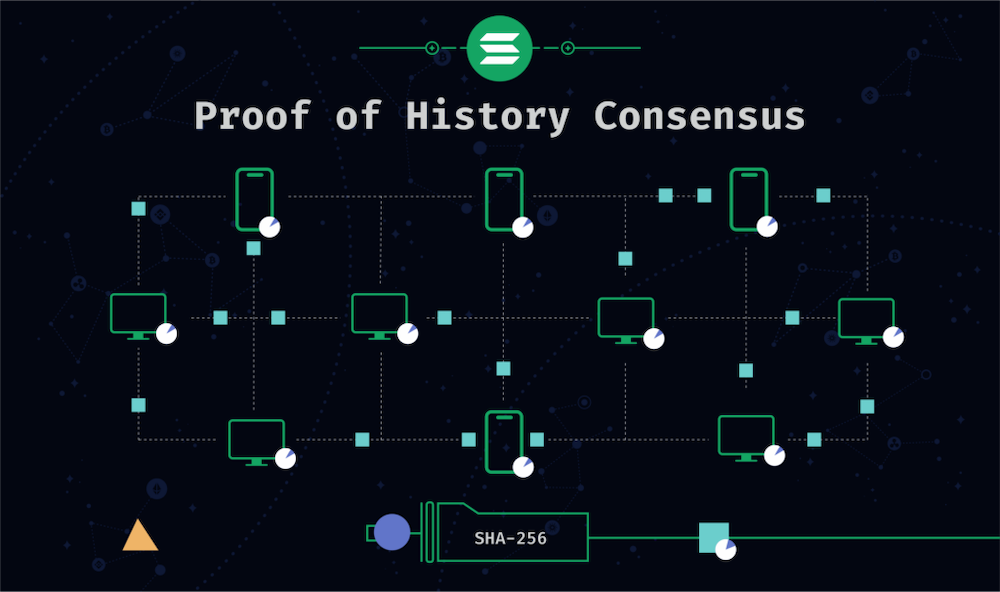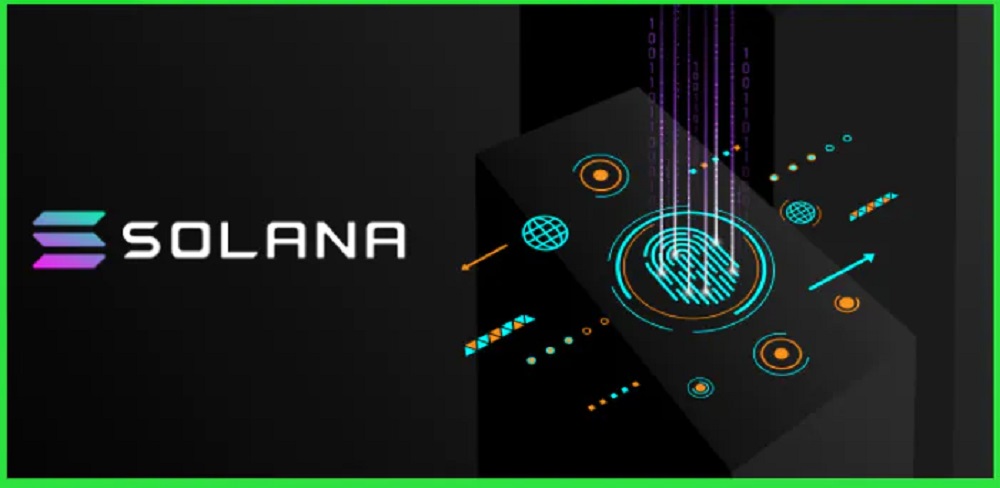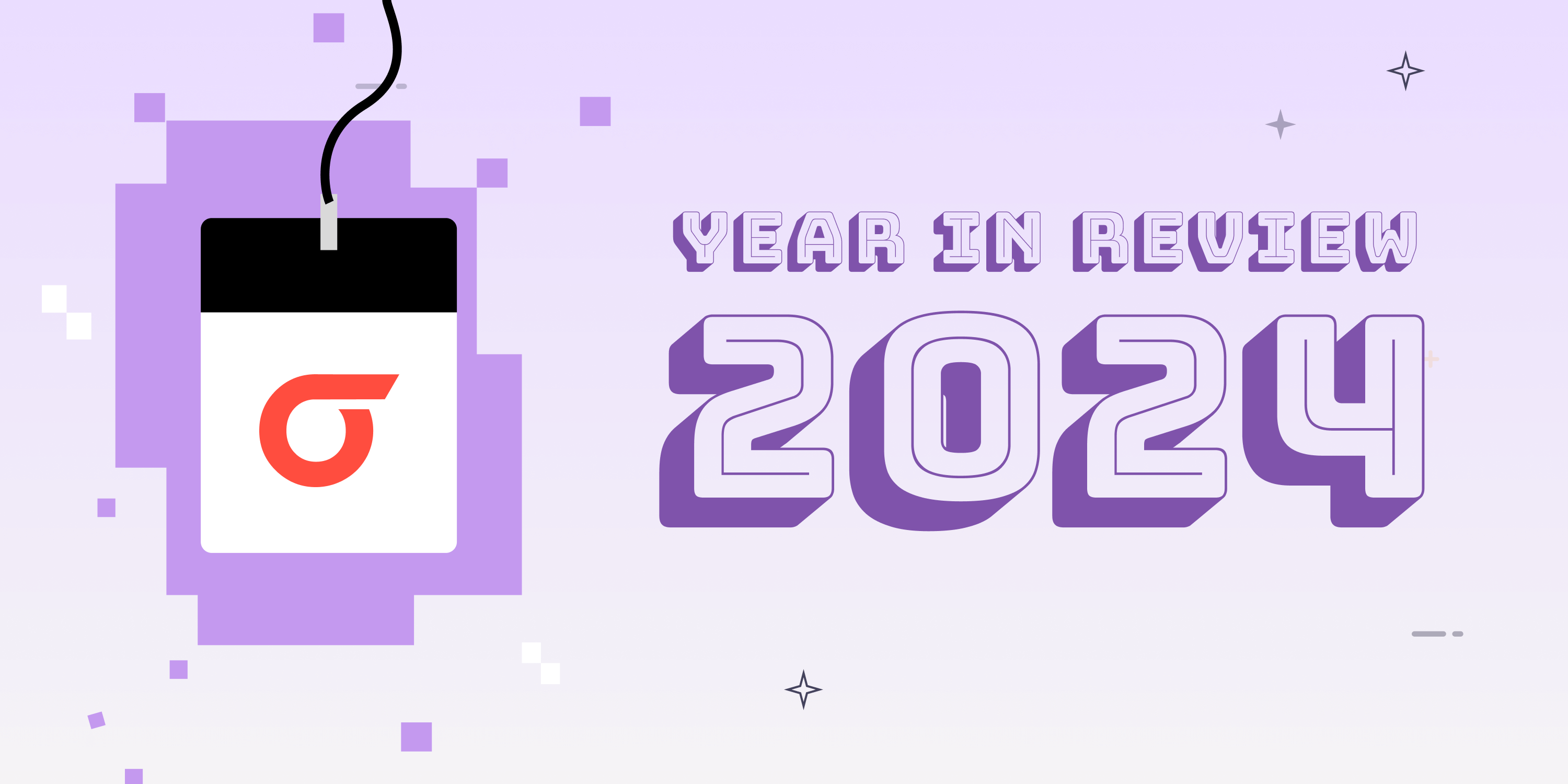With Bitcoin serving as the main engine for cryptocurrency and blockchain growth, blockchain technology is a relatively new technique to approach solutions based on ledgers. Different blockchain architectures emerged when cryptocurrencies evolved from “Simply Bitcoin” to decentralized finance, leading significant players to re-evaluate how they should build the foundations of their enterprises.
This article makes a case for why Solana blockchain development is better when the blockchain’s value, purpose, and future are all taken into account.
What Is Solana?
Solana is a high-performance blockchain platform designed for decentralized applications (dApps) and DeFi applications. It uses a consensus mechanism called “Proof of Stake Velocity” and aims to provide fast, secure, and low-cost transactions for its users. Solana Blockchain Development platform has its cryptocurrency, SOL, which is used to pay transaction fees and other network services.
History of Solana Blockchain – An Overview
Solana is a high-performance blockchain platform founded in early 2018 by Solana Labs. It was created to provide a decentralized infrastructure for decentralized applications dApps with fast and low-cost transactions.

The Solana blockchain uses a novel consensus algorithm called “Proof of History” to achieve high transaction speeds and low fees, while maintaining the security and decentralization of a traditional blockchain.
Since its launch, Solana has attracted a growing community of developers or users and has been used to build a variety of decentralized applications, including games, exchanges, and DeFi protocols. In today’s time, the demand for Solana blockchain development is growing with 2x speed.
What Sets Solana Apart From The Rest?
When Bitcoin first launched a few years ago, it tackled a difficult problem. The issue was that strangers could not pay for internet transactions without third-party payment processors like PayPal or Visa.
Decentralized transactions became possible with the advent of blockchain technology, and cryptocurrencies grew in popularity. Because of how current this technology is, the market is ideal for Solana and similar blockchain technologies. As a result, businesses started searching for blockchain development services to incorporate Solana.
The only drawback of this technology is that it moves more slowly than centralized payment systems like credit cards.
How Does Solana Blockchain Works?
Solana works as a decentralized platform, enabling must faster and low-cost transactions. Solana uses the ‘Proof of Stake’ algorithm, so instead of having miners use computational power to solve mathematical problems and validate transactions, “validators” are selected in proportion to the amount of Solana tokens they hold. It allows for a more energy-efficient and cost-effective way to secure the network.
Solana also uses a novel technology called “Proof of History” to timestamp transactions and create a secure and tamper-proof record of events.
Lastly, Solana also supports the creation and deployment of decentralized applications (dApps) and smart contracts, enabling developers to build a wide range of decentralized applications on the platform.

Why Solana Is Best-Suitable for DeFi Solutions?
Solana is one of the most used applications and best-suitable for DeFi solutions. Now you might be wondering how? Refer to the following pointers and you will discover why Solana is a perfect choice for DeFi as mentioned by the DeFi yield farming development services experts.
1. Developed to Scale
The speed and scalability of Solana are two of its most intriguing qualities. With its true web-scale blockchain features, it is one of the few protocols that boast above 1000 TPS.
A minimum of 50,000 TPS is supported by Solana, making it at least 3800 times faster than Ethereum and 10,000 times faster than Bitcoin. Solana’s average blocktime is 600 milliseconds, and it can quickly add a new block to the network. In essence, the processing time on this platform is fast.
2. Outstanding Performance
With many NFTs relying on the Solana network, growing NFT hypes have contributed to Solana’s recent spectacular growth. NFTs are distinctive digital tokens that exist in the digital world and may be purchased or sold just like any other work of art. You might think of such NFT tokens as ownership certificates for either real things or digital assets.
It’s simple to understand why the blockchain networks that support NFTs have drawn attention now that the market is expanding fast and is expected to reach a new peak in the coming time.
3. Cost-Effective Price
Solana’s creators created the protocol to provide quick processing and scalability without raising transaction costs. Compared to various other blockchain networks that are currently similar to Solana, its transaction fees are significantly lower.
The typical network fee in Solana is $0.00025 per transaction. On Solana, a $2 million transaction would essentially cost $20. Comparable blockchain like Ethereum, meanwhile, would cost $6.86 every transaction, or about $600,000.
4. Completely Secure
Solana provides exceptional performance without relying on any layer-2 or off-chain solutions, as contrast to Ethereum, which depends on Polygon’s Plasma Chains, a layer-2 solution. The Solana blockchain is one of the few layer-1 protocols that is hence resistant to the mass exit issue. Solana is much more secure which is definitely the best for DeFi solutions.

5. Improved Ecosystem Growth
The blockchain ecosystem in Solana is rapidly growing and gaining popularity. Recent months have seen a 130% rise in project growth on the blockchain. With an increase of 200% in August, its total smart contract value has already topped $3.5 billion. So, the figure signifies the growth of the Solana blockchain. Businesses can reap amazing profits while opting for Solana blockchain development solutions.
Final Thoughts!
Considering everything, it is simple to see why Solana is a fantastic future blockchain with a long-term promise that is a terrific fit for any healthy project. Solana is a rapid network with minimal fees, a revolutionary Proof-of-History time of consensus methodology, and sub-second block timings for quick verification.
Any successful project that desires to excel requires quick confirmation times and little network operating costs. Solana is a very potent blockchain network with a tonne of potential, and it should show to be a strong competitor in the blockchain market. So, if you also want to integrate Solana blockchain into your system, you can seek blockchain development services from experts.





















Discussion about this post